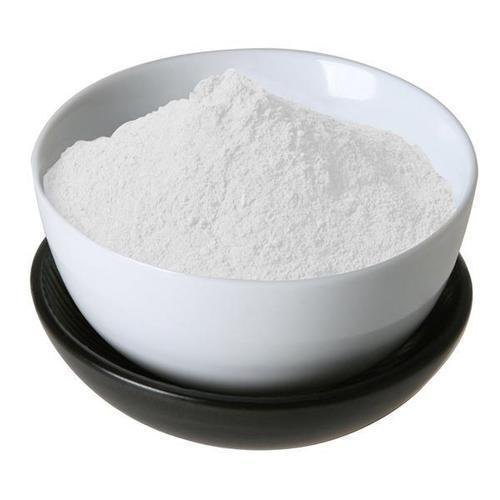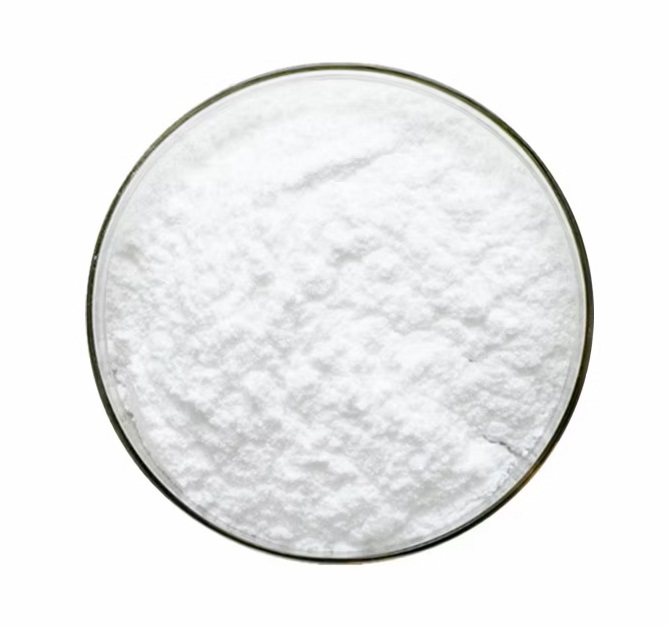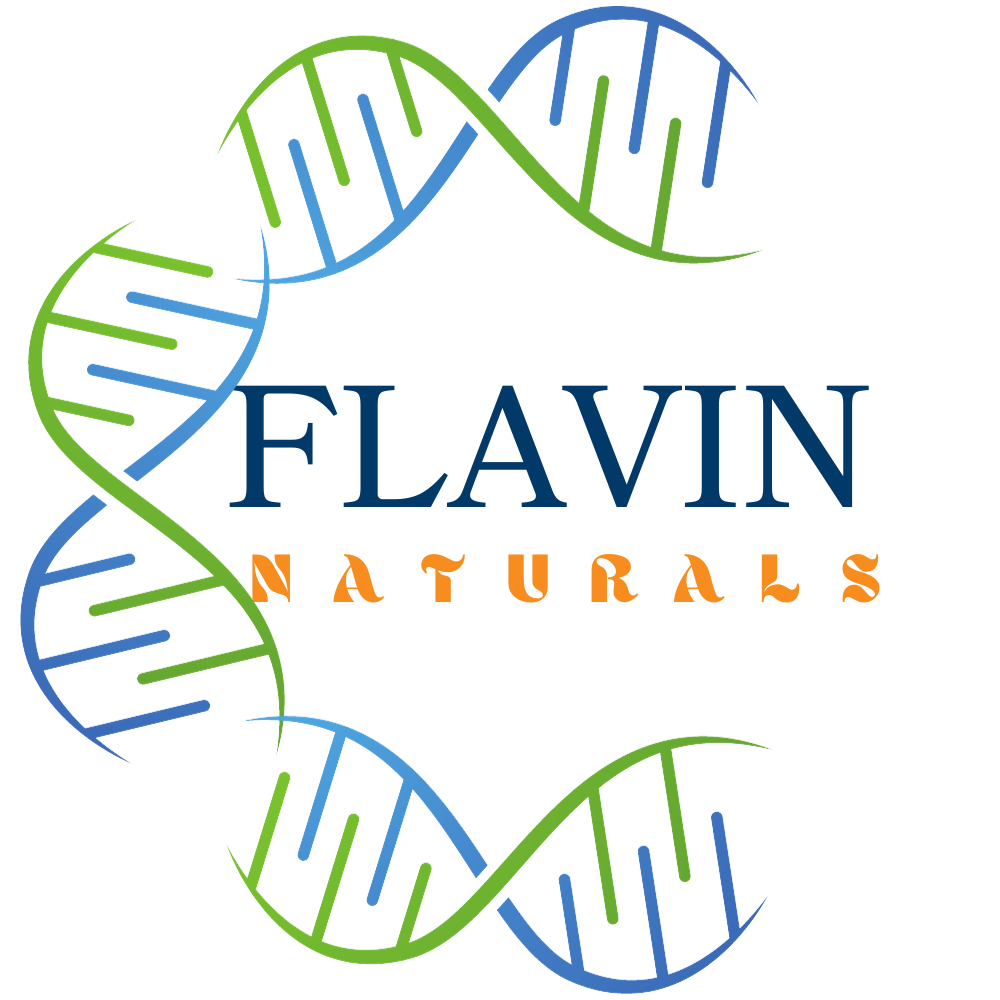Microcrystalline Cellulose (MCC 101)
Product description
Microcrystalline cellulose (MCC) 101 is a widely used excipient (inactive substance) in the pharmaceutical industry. It is a refined form of cellulose, the most abundant organic polymer found in plants. MCC 101 is a white, odorless, crystalline powder that is highly versatile due to its unique properties, including its ability to act as a binder, disintegrant, and filler in tablet formulations. It is primarily derived from wood pulp or cotton, and it’s used in both solid dosage forms, like tablets and capsules, as well as in some liquid formulations.
Importance of Microcrystalline Cellulose 101 :
Binder: One of the key functions of MCC 101 is its role as a binder in tablet formulations. A binder helps hold the ingredients of the tablet together, ensuring the tablet’s structural integrity and allowing it to break down appropriately in the body during digestion. Without an adequate binder, tablets may not hold together and could be ineffective or hard to swallow.
Disintegrant: MCC 101 also acts as a disintegrant, helping the tablet to break down into smaller particles once ingested. This property ensures that the active pharmaceutical ingredients (APIs) are released quickly and efficiently in the body, allowing for better absorption and faster onset of action.
Filler/Excipient: It serves as a filler or diluent in tablet and capsule formulations. When the active drug substance is too small in quantity to form a complete tablet or capsule on its own, MCC is added to increase the volume, making it easier to handle and dose. This is important for creating uniformity in dosage and ensuring consistent drug delivery.
Flow Agent: Due to its excellent flow properties, MCC 101 helps in the smooth processing of powders during tablet manufacturing. This reduces the likelihood of the powder clumping or not being properly distributed, which can affect the uniformity and consistency of the final dosage form.
Benefits of Microcrystalline Cellulose 101 :
Improved Tablet Quality: MCC 101 helps improve the overall quality of tablets by ensuring they are strong, stable, and consistent. It provides good compressibility, which means tablets can be formed with a smooth surface and proper weight uniformity.
Faster Drug Dissolution: As a disintegrant, MCC 101 facilitates the rapid breakup of tablets in the gastrointestinal tract, leading to faster dissolution of the active ingredient. This is crucial for ensuring that the drug reaches the bloodstream quickly for therapeutic effectiveness.
Non-toxic and Biocompatible: MCC 101 is considered non-toxic and biocompatible, making it safe for use in pharmaceutical products. It is widely recognized by regulatory bodies, such as the FDA, as a safe excipient for use in drug formulations.
Versatility: It is highly versatile and can be used in a variety of dosage forms, including tablets, capsules, powders, and granules. This makes it a valuable tool for formulators in the pharmaceutical industry.
Stability and Shelf-life: MCC 101 is chemically stable, which means that it does not degrade over time. This contributes to the stability of the entire pharmaceutical product, ensuring that the active ingredients remain effective for the product’s shelf life.
Other Uses in Pharmaceutical Formulations:
- Effervescent Tablets: It helps ensure the smooth mixing of active ingredients in effervescent tablets.
- Controlled-Release Tablets: In some formulations, MCC 101 can be part of the matrix in controlled-release tablets, allowing for a sustained release of the drug over a longer period.


